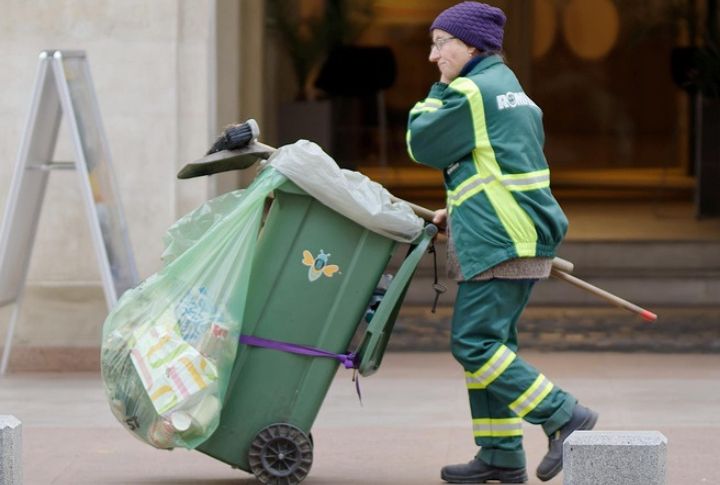
Sanitation work happens in the background, but it keeps our cities running. Most of us never think twice about what we throw away or how. That disconnect causes real problems. Here are 20 things your trash collector wishes you already understood. It starts with awareness.
Garbage Collection Is One Of The Most Hazardous Civilian Jobs
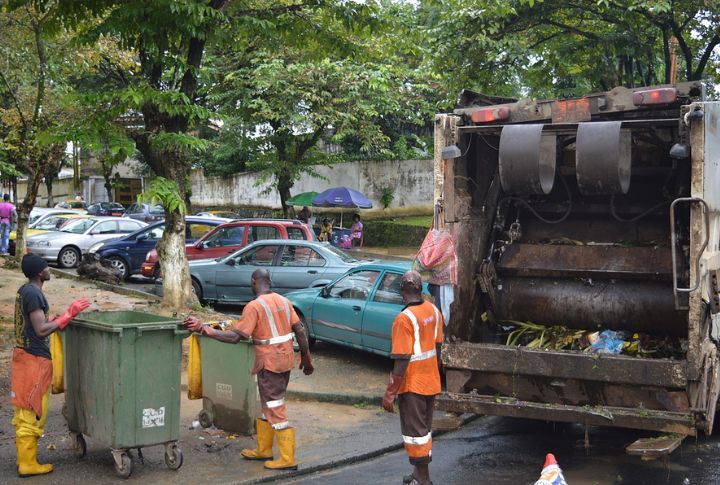
Sanitation work consistently ranks among the most dangerous jobs in the United States. Workers face collisions with oncoming traffic and exposure to unsafe waste. These daily hazards are compounded by the unpredictability of what people leave at the curb.
Sanitation Workers Operate In Every Extreme Weather
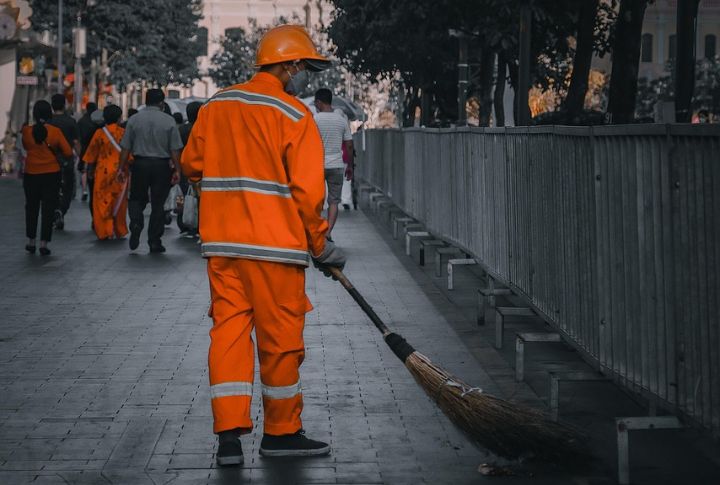
Contrary to public assumption, waste collection rarely comes to a halt due to bad weather. Rain and extreme heat are part of the job. Municipal contracts require uninterrupted service unless a declared emergency occurs, which means workers face slippery surfaces and dangerous temperatures without exception.
Exposed Sharps And Glass Are Occupational Hazards
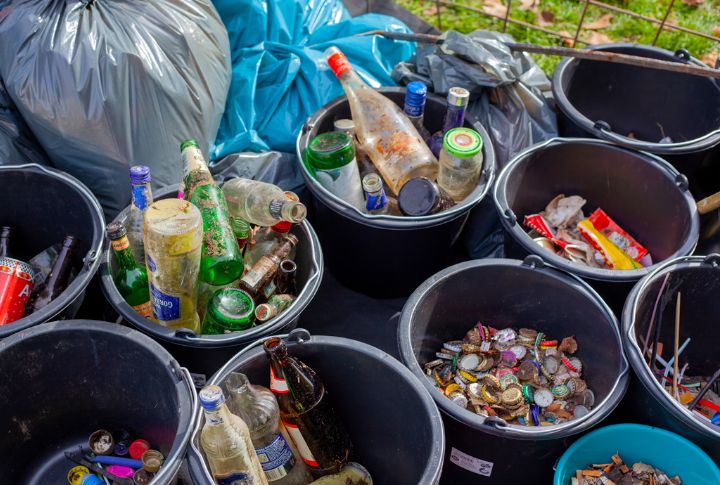
Injuries from loose needles or broken glass are a regular threat on the job. Many cities mandate puncture-proof containers for medical waste, but compliance is inconsistent. A single misstep can mean painful cuts or months of medical monitoring after exposure to biohazards.
Hazardous Household Waste Shouldn’t Go In Curbside Bins

Items such as paint, batteries, propane tanks, and cleaners pose serious risks when thrown in regular trash. These materials are flammable or corrosive. Most cities provide dedicated hazardous waste disposal programs, but many residents still ignore the guidelines, which endangers both workers and the environment.
Electronics Must Be Disposed Of At E-Waste Facilities
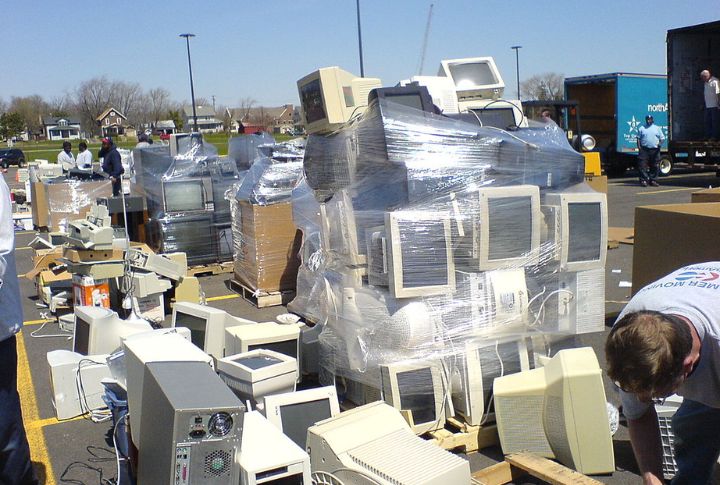
Old electronics don’t belong in your trash can. Lithium batteries can ignite during truck compaction, and many screens contain lead or mercury. Municipalities frequently run e-waste days, and many stores even accept old electronics. And proper disposal is important in preventing fires and avoiding environmental contamination.
Overflowing Bins Can’t Be Picked Up Safely
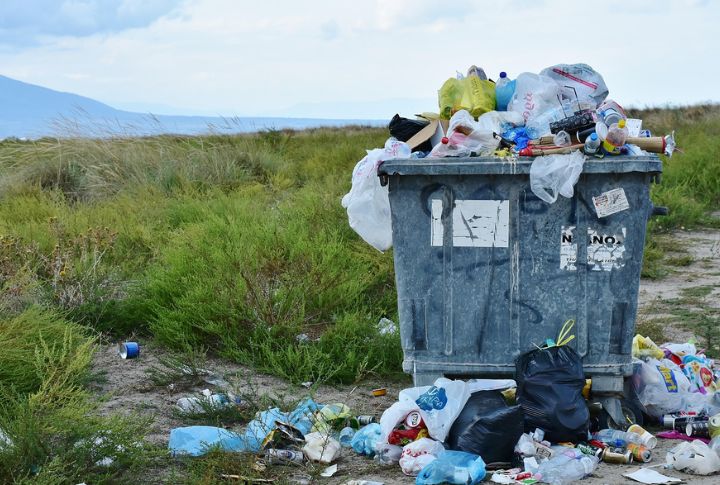
Garbage trucks use hydraulic arms designed for closed-lid bins. When containers overflow, loose items can fall out and hit workers or scatter across the street. To avoid injury and equipment issues, collectors are instructed to skip bins that are packed beyond their limit.
Bags Should Be Tightly Sealed To Prevent Spills And Pests
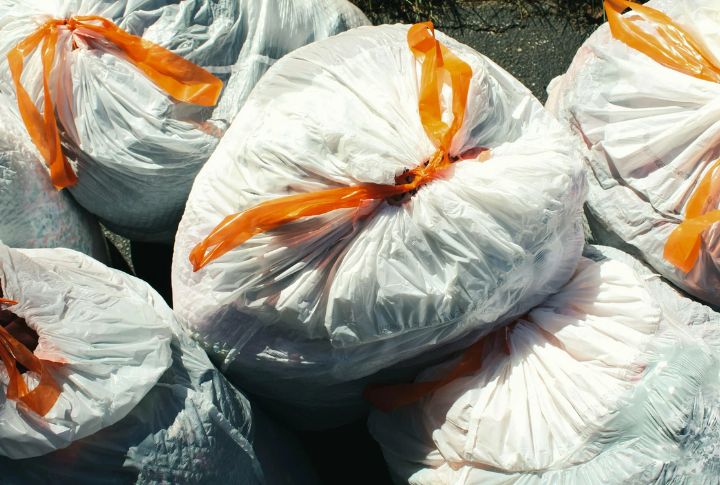
Cities advise double-bagging soggy items to reduce mess and pests. Wet trash that clings to bins creates unsanitary conditions. Workers are not responsible for cleaning spills caused by improperly sealed household garbage. Loose bags leaking liquid waste also often attract rats and flies.
Not Everything With A Recycling Symbol Is Accepted At The Curb
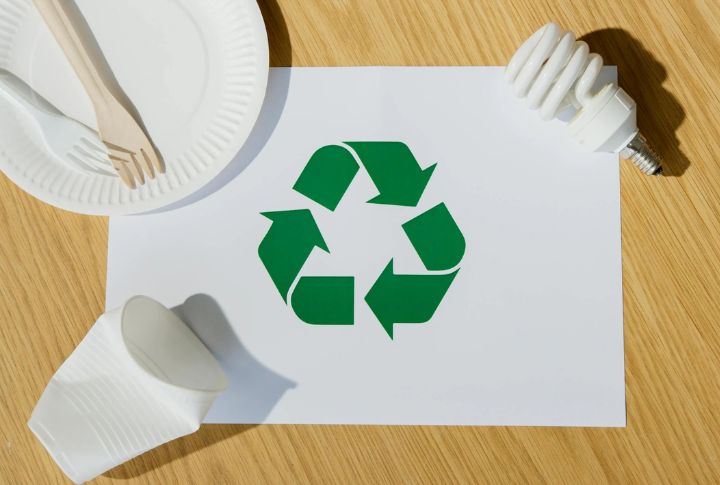
The recycling symbol doesn’t guarantee curbside eligibility. Plastics numbered 3 through 7 are frequently rejected, especially styrofoam and cling wrap. Greasy containers also contaminate processing. Local guidelines vary, so always check your local recycling rules to avoid waste stream contamination.
Improperly Bagged Pet Waste Is A Common Violation
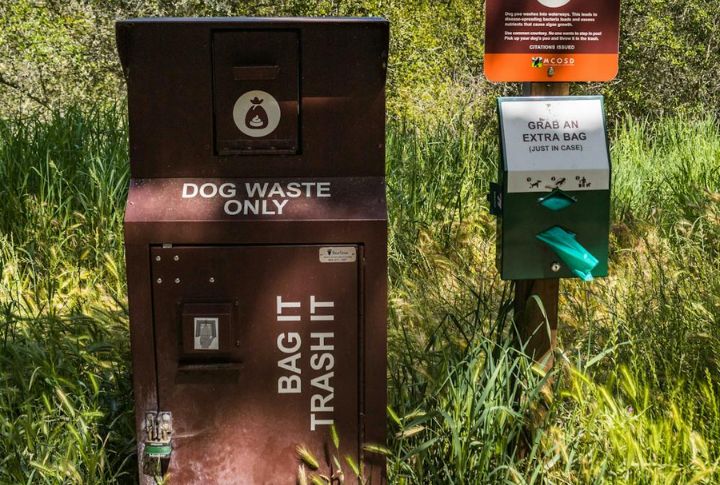
Dog waste should always be securely bagged before disposal. Loose waste creates unsanitary conditions and poses a health risk to collection workers. Many municipalities issue citations for repeated violations. Bagging it right helps maintain hygiene and shows respect for those managing your waste.
Holiday Schedules Often Mean Pickup Changes
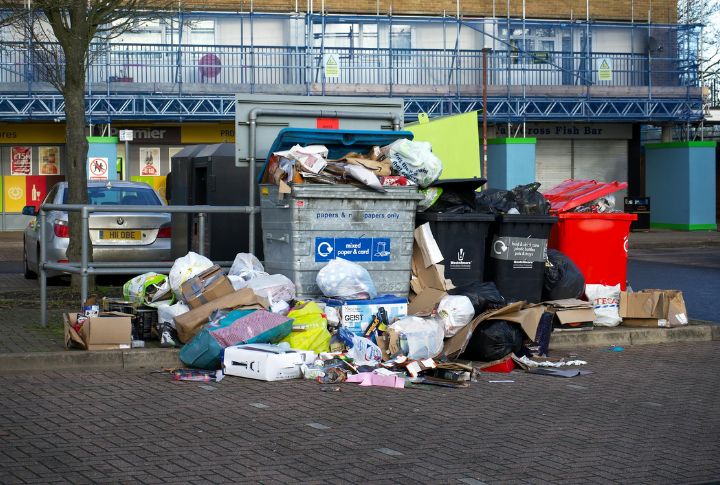
Trash collection usually shifts during major holidays. When residents miss these changes, bins sit full until the next cycle. Municipal websites and mailers often post adjusted schedules in advance. Staying updated helps prevent overflow issues and ensures the route runs efficiently for everyone.
Aluminum Cans Should Remain Unflattened
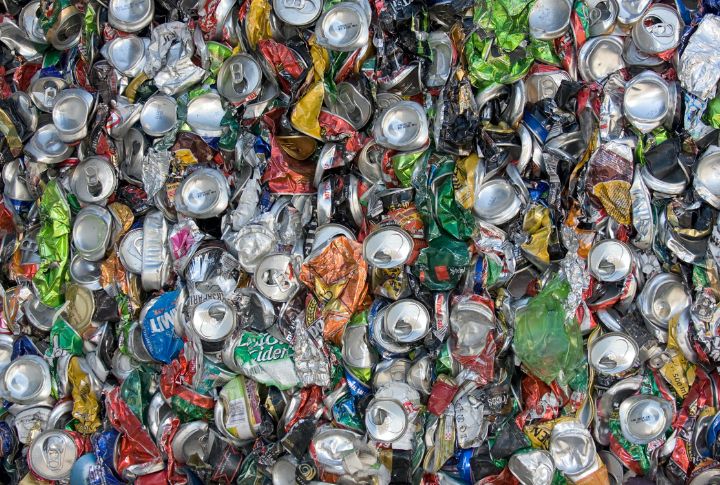
Flattening aluminum cans may seem efficient, but it hinders recycling. Optical sorters at material recovery facilities also rely on shape recognition. Crushed cans are misidentified as paper or film and may result in incorrect sorting. Most facilities recommend keeping cans in their original, rounded form.
Cardboard Should Be Flattened Before Disposal
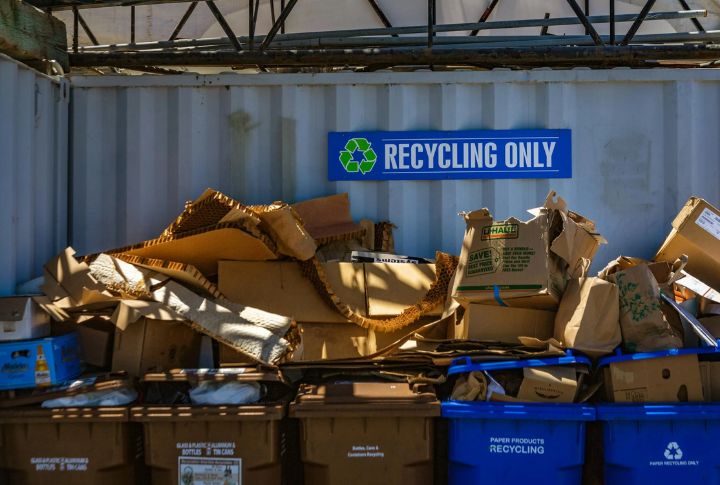
Unflattened cardboard boxes occupy excessive space in both bins and trucks. This disrupts compaction and shortens route efficiency. Municipal guidelines typically ask residents to flatten boxes before disposal to ensure smooth pickups and reduce overflow-related delays.
Collection Trucks Need Unobstructed Bin Access
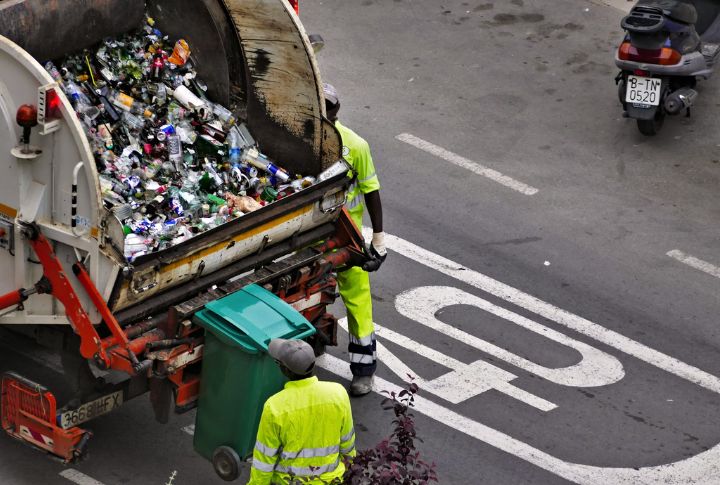
Automated garbage trucks require around three feet of clearance on all sides of a bin. Parked vehicles and utility poles can prevent the truck’s lift arm from grasping containers properly. When access is blocked, collection is skipped according to most service agreements.
Your Trash Might Be More Valuable Than You Think

What ends up in the trash isn’t always waste. When sorted correctly, some items lessen the workload, reduce injuries among collectors, protect the environment, or even find a second use. The difference often comes down to care. Small, thoughtful actions at home can ease pressure on the entire system.
Bulk Items Aren’t Collected With Regular Trash
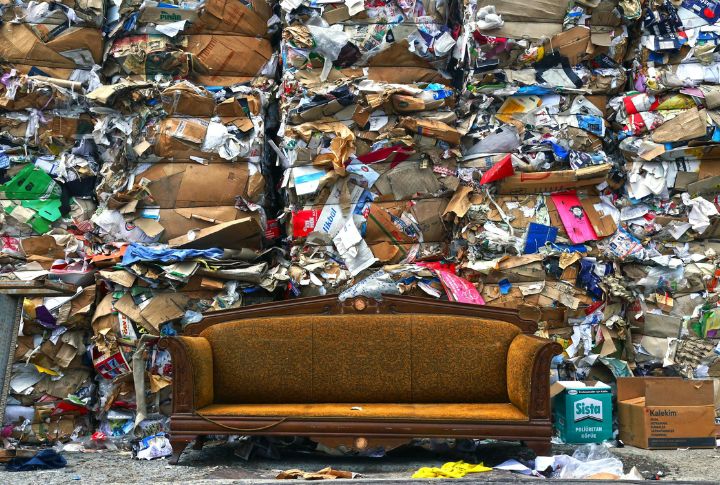
Curbside programs typically exclude large items, such as couches or appliances. These bulky materials require special collection appointments and may involve added fees. If placed out unscheduled, they can also damage collection equipment or be left behind altogether, which can be frustrating for both residents and workers.
Yard Waste Must Be Separated From Household Trash
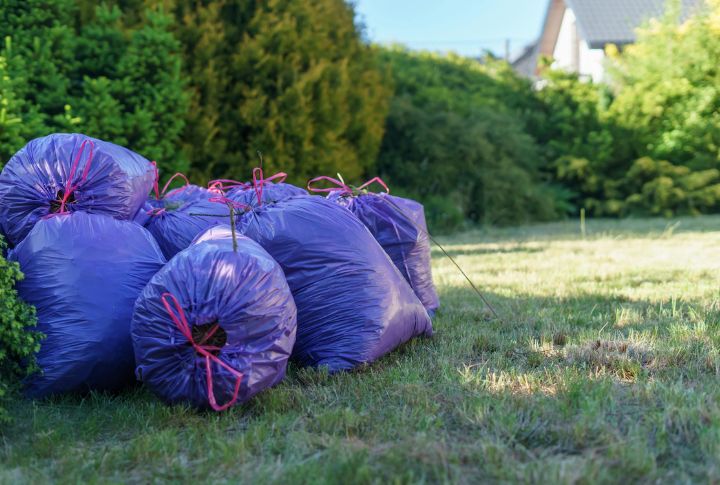
Grass clippings and small branches are typically composted, not buried in landfills. Mixing them with household garbage can trigger truck rejection and rerouting. Seasonal pickup programs help manage leaves and branches, keeping them apart from household trash for proper reuse.
Construction Debris Violates Residential Pickup Policies
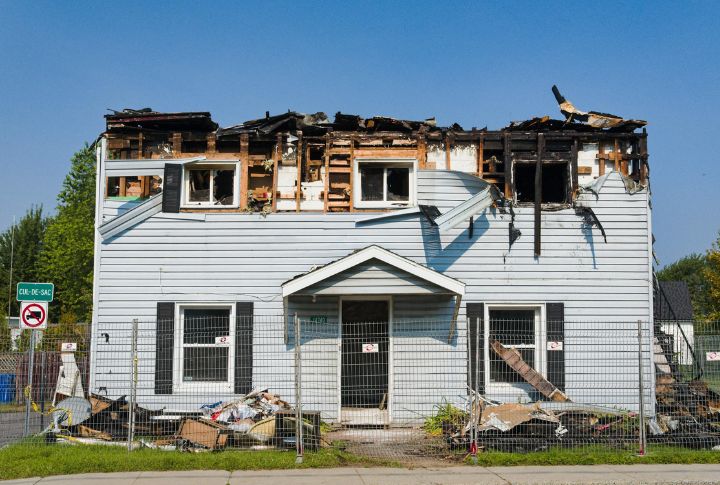
Debris like drywall, tile, wood, or insulation from home projects rarely qualifies for curbside pickup. These materials are often too heavy and abrasive for standard bins. Homeowners are usually required to rent a dumpster or schedule special service to avoid fines or skipped collection.
Pickup Times Are Early For Efficiency And Safety
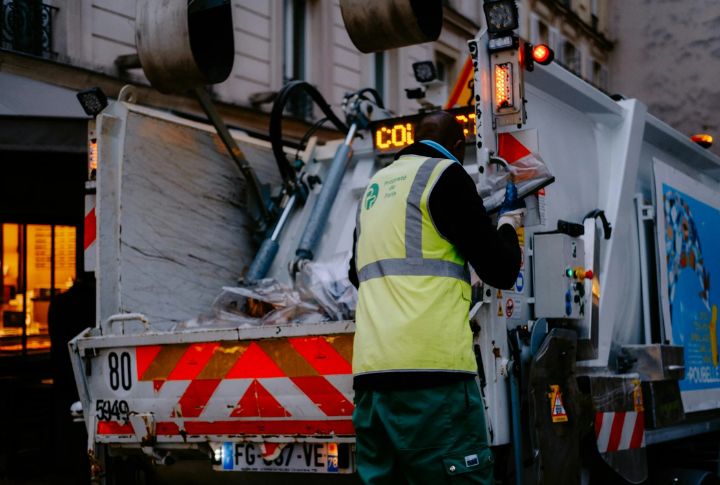
Waste collection routes typically begin by 6 a.m. to reduce traffic-related delays and heat exposure. Drivers rely on tight scheduling for productivity and safety. Residents are advised to place bins out the night before, as missed pickups won’t be revisited under most contracts.
Missed Pickup Days Can’t Be Recovered On The Spot
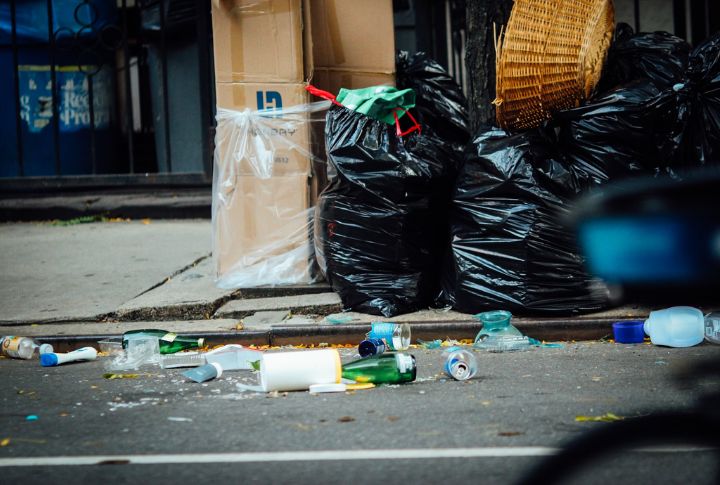
Collection routes are digitally mapped in advance for efficiency. Returning to missed addresses interrupts that flow and delays other pickups. Most municipalities direct residents to wait for the next cycle or call ahead to schedule help. Drivers don’t have the discretion to reroute mid-shift.
Small Acts Of Courtesy Are Noticed And Appreciated
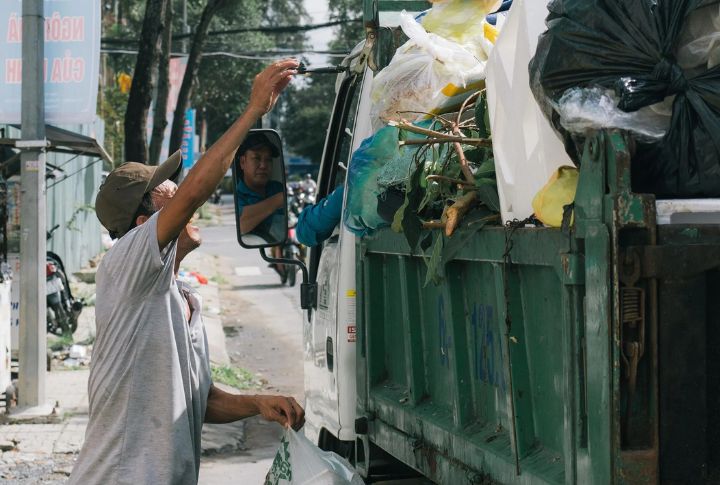
A cold drink, a thank-you card, a holiday tip, or a simple wave doesn’t go unnoticed. Trash collectors often remember residents who show appreciation. Positive gestures help reduce burnout and boost morale. Some cities even recognize these efforts through designated “Sanitation Worker Appreciation Weeks.”

